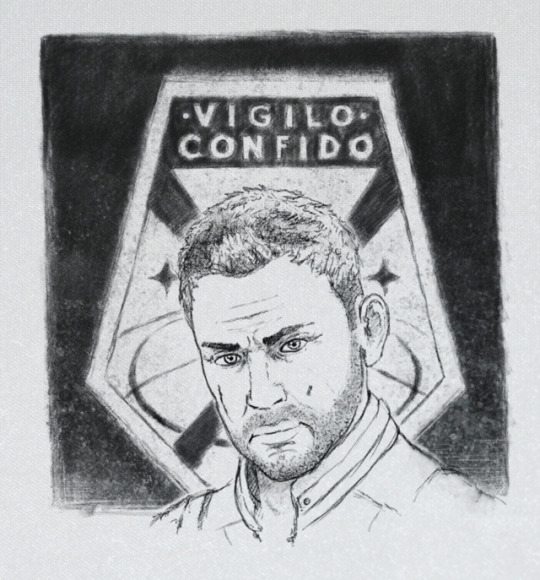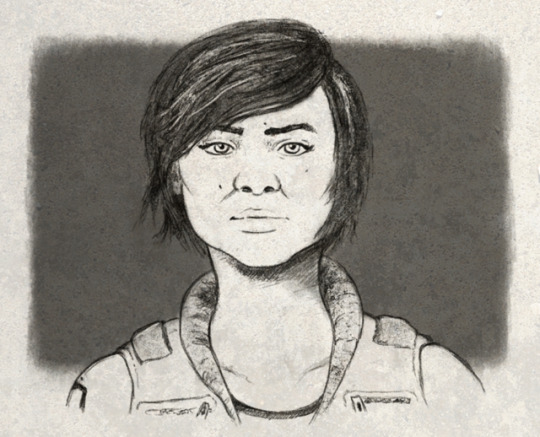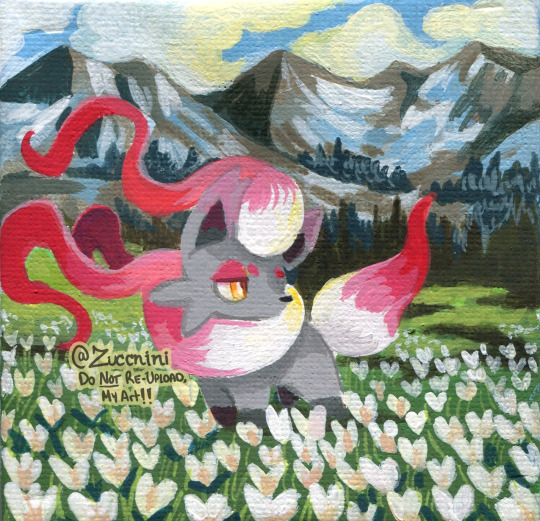Photo

They have such flowy spiky hair!
37 notes
·
View notes
Photo

Always ready.
44K notes
·
View notes
Text
I think what I want isn't for Before to be real, it's for this to be... not? Someone said knowing Before isn't something that happened isn't the same as accepting that isn't real and that in turn isn't the same as accepting this, where this = reality? Or trauma? I'm not exactly sure which, honestly. Ugh.
0 notes
Text
Wolf, buy compression socks!
2 notes
·
View notes
Text
Not sure what to think about my dreams anymore. I think a lot of what they contain is important re: the system and the layers but also a lot is really just junk data. It's hard to sift through it all.
1 note
·
View note
Text
i think we should remind musicians they can absolutely make up little stories for their songs btw. it doesn’t have to be about them at all. you can invent a guy and put him in situations to music. time honoured tradition in fact.
3K notes
·
View notes
Text
“This potion will give you the body that your heart desires, the body that will bring you true and lasting happiness. But be warned: don’t expect beauty. I’ve seen men become literal monster from the darkness in their hearts. Happy monsters, but monsters nevertheless.”
98K notes
·
View notes
Text
i think rice with things on it & also some sort of sauce is like basically the best food genre tbh
39K notes
·
View notes
Text
Update Harvard students are walking out in solidarity with Columbia’s students
These are billion dollar for profit institutions that directly impact financial backing of Israel’s apartheid regime
31K notes
·
View notes
Text
Absolute killer of a bundle going on right now! Organized by @sprintingowl, it contains a whole stew of indie ttrpg goodness (including my own game of emergent mystery and darkness, Extracausal).
Check it out!
28 notes
·
View notes
Text
He’s HEREEEEEE!!!💜💛🐱



13 notes
·
View notes
Text
god if there was a book of forbidden spells I wouldn’t even hesitate
12K notes
·
View notes
Text
On Scoping And Idea Management for Games
I started my teaching gig (which is incredibly chaotic but I'm very much enjoying it despite that) and I noticed a really consistent theme with some student project pitches around the idea of planning and scoping projects. Some advice that I gave them that I think is worth repeating and reinforcing here:
You are not a AAA studio. Do not plan to make games like a AAA studio.
If your concept, premise, pitch or idea of a game that you actually want to finish contains elements, mechanics or concepts that is predominantly executed by AAA studios, please for the love of god don't expect to be able to execute them without brutally interrogating them first.
Things like: Soulslike game balance, 'open world', heavily systemic design, online multiplayer, complex mechanics, etc. You know, things you largely only see AAA studios (or very experienced dev teams) complete with any semblance of success. There's a reason many of these are only executed by large teams.
This isn't to say it's impossible to execute on these ideas or that it's not worthwhile experimenting with it a little, but if you're going into it with little previous development experience and expect to come out the other end with a 'finished' thing, you're overscoping and setting yourself up for failure.
Ever notice how AAA studios even struggle to execute complex concepts like that? It's not (always) because of mismanagement, but also because it's often overscoped for them too and they are incredibly hard to execute. AAA studios often work on concepts and premises which require a lot of resources to do so effectively. Indie studios don't often make these kinds of games for the same reasons, because conceptually it will easily explode your scope out of the water. Some try, and you can often feel how stretched thin they were.
The point is, you (assuming as a reader that you're an individual with no 'fully' shipped titles) are equivalent to...basically 1/2 a person at an average indie startup. If you have a team, then you're basically the size and scale of a small indie team. Realistically, in all likelihood, you do not have the knowledge, experience or time to do it anywhere nearly as well as a full-time studio production.
And I get why people fall into this trap!
We draw inspiration from what we see most and what we like, and don't often challenge our assumptions about them - it's why we see something like a Batman Arkham Asylum combat system or Photorealistic graphics and say "yeah I could do that easy" without realizing it's actually really really hard to do in the first place, let alone really get right. Studios are notoriously secretive about process, and the reality is there's months and months of unseen work behind pretty much everything.
We also tend to use blanket terms we're familiar with to define our works, as opposed to more fitting terms. For example, some people might call something like Journey an "open world" game, despite the fact it's not strictly an "open world" but rather a linear one with a non-linear presentation.
As a solo developer I too constantly make this mistake of over-scoping or underestimating just how hard it can be to execute on certain concepts or ideas.
Avoiding It
So how do you get around accidentally writing cheques only well-equipped studios can cash? You need to interrogate your ideas a lot more.
Okay, now ask yourself: Is it mostly a premise that is done by people operating at around your level of resources, or by dedicated groups with tons and tons of employees? Has anyone done your mechanic at a small, simple scale? How many studios have done it? What size were they? How many resources do they have? If anyone has executed a similar idea, how many resources did they seem to have to do it? What corners did it seem like they need to cut to get there? Ask yourself how often you see concepts like yours, executed at scale like yours. Ask yourself why that might be.
A generic example to run with: "I am going to make an open world exploration game where you can climb anywhere, with tons of content and things to do".
Ask yourself some of the above questions, and also interrogate all your definitions. What do you define as "open world"? "exploration"? "tons"? "anywhere"? "Climb"? What do these words, specifically, mean to you? Are these reasonable and realistic expectation for the amount of time you have for this project? Have you already executed on any of these before, and how many are unknown to you?
"But Devon, my idea is unique and no one has done it before! I have nothing I can compare it to!"
Nope. Sorry, just no - you're wrong. Maybe they've not done it exactly like you envision it, but I promise you that at this point in time someone has done virtually everything in games before, you've just not heard of it yet. I have yet to hear someone describe a game that didn't do anything I hadn't heard of before to some degree or another. Ask some friends for references and take more time to do research - you'll find parallels if you dig enough.
Execution
If by now you've realized you might be in over your head, you might still be able to do it if you plan very smartly around it and accept scoping down.
I could talk forever about how to break down your scope into something that is more manageable (and probably will in the future), but I'll keep it focused on this idea of interrogating definitions for now.
Running with the "open world exploration game where you can climb anywhere, with tons of content and things to do" example.
Plan to do only one of the verbs in your game really well.
"Climbing" - you could spend forever building a game just around that verb, and people have! Getting Over It With Bennet Foddy. Doodle Jump. Grow Home. People have done this, and even those games tow the line of being complex to make.
"Open world" - this one is very heavy, but make it just about walking around. Challenge the assumption that an open world isn't enough and that it needs 'content' - just make walking around the world really fun. Dear Esther, Proteus, Passage, Beginner's Guide.
"Exploration" - this verb is vague and takes many forms, and while it can easily be dangerous if it gets too big, it can still be small and engaging. A Short Hike, Umurangi Generation, Hidden Folks. You don't need mechanical complexity or depth to make something fun.
Start from that and then expand. Maybe you get to a point where your climbing is really fun and good and you don't even need to add tons of things to do, or open-world mechanics. Maybe your open world is so easy to do that climbing becomes the thing you spend your time on.
---
Essentially the point here is to not assume that because you've seen something done before it's easy to execute on, nor that you should simply run with concepts without fully understanding what you mean when you come up with them first. It's going to not only save you a lot of time and stress, but also more likely to put you in a position where you'll be able to actually finish what you started.
This is also only the tiniest portion of my thoughts on scoping here, so I'm sure I'll add more to this down the road. :)
173 notes
·
View notes



